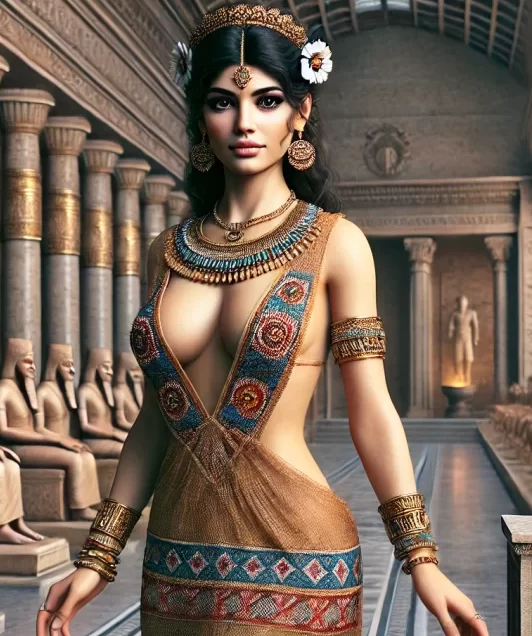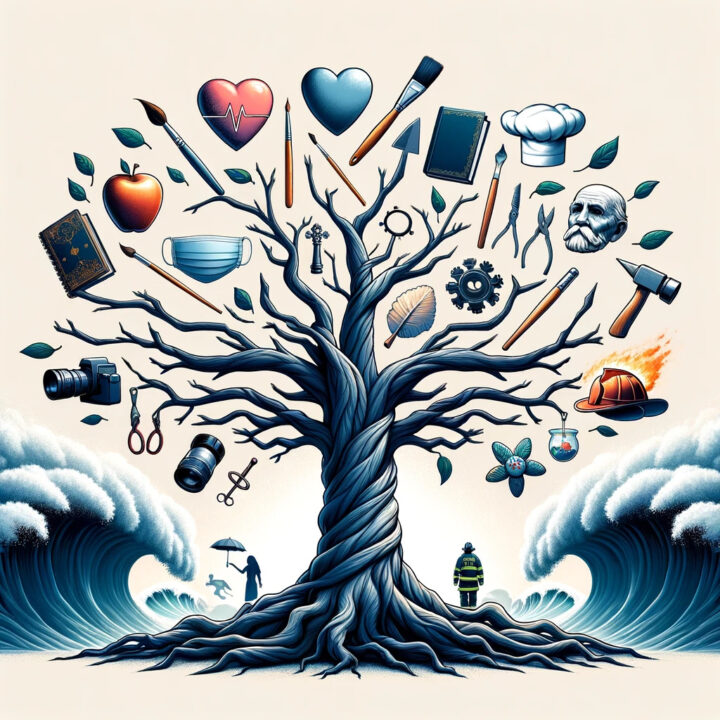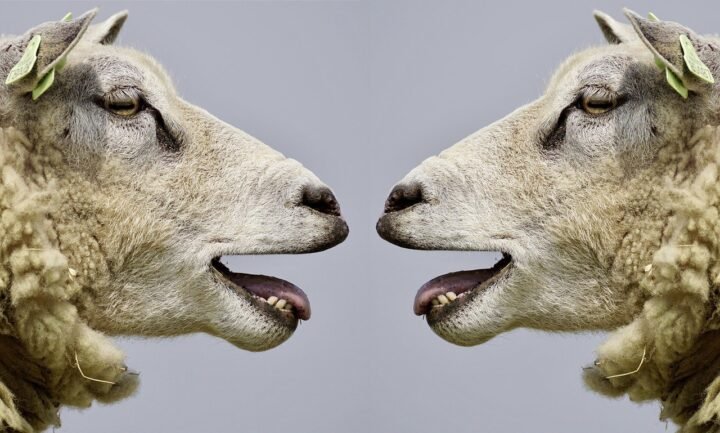As someone deeply ingrained in the realm of digital marketing, I have been up-close and personal with the tremors that AI has sent through the industry. The revolution is here, and we are living it. This transformation reminds me of a quote by Stewart Brand, “Once a new technology rolls over you, if you’re not part of the steamroller, you’re part of the road.”
In the past few years, AI has been that steamroller, continually paving the way for remarkable innovations in marketing. Like the time we worked on a campaign for a fashion brand. Previously, segmenting audiences and crafting personalized messages was a task that took days, sometimes even weeks. But with AI, the entire process was streamlined. The speed and efficiency were unlike anything we had experienced before.
However, I remember thinking, does this mean the end of creativity in marketing? As I grappled with this thought, I began to realize the true essence of AI. It isn’t about replacing human marketers but rather about augmenting their abilities.
I remember this one instance vividly. We had to brainstorm a creative strategy for a new product launch. Our AI tool had analyzed the data and had given us insights about our target audience. But the human element was missing. Our creative team stepped in and breathed life into the raw data. They transformed the insights into compelling stories that resonated with our audience. That was the moment I understood that AI and human marketers could, and should, coexist.
AI in digital marketing has undoubtedly made customer interaction more efficient. I recall a time when a customer had raised a concern on our website late at night. Our human customer service team had signed off for the day, but our AI-powered chatbot stepped in. It acknowledged the customer’s concern, provided preliminary support, and assured them that a human team member would get back to them the following day. It was a simple interaction, but it left a profound impact on the customer and me.
Despite these breakthroughs, we must remain cognizant of the fact that with great power comes great responsibility. While working on a campaign for a healthcare product, I found myself grappling with the ethical dilemma of how much personalization is too much. We had access to customers’ healthcare-related search data, but using it felt like an invasion of their privacy. After much thought, we decided to use only the data that customers had willingly shared with us. We need to remember that just because we have the data, it doesn’t mean we should always use it.
Looking towards the future, I foresee AI and humans working even more closely. With advances in technology, the line between the virtual world and the real world is blurring. The power of AI can help bridge this gap and make marketing more engaging and immersive.
But this doesn’t mean that humans will become obsolete. In fact, it is our humanity – our ability to feel empathy, understand emotions, and respect individuality – that will ensure our relevance in this AI-driven world.
In conclusion, the journey of AI in digital marketing has been thrilling, inspiring, and at times, a bit overwhelming. But I am optimistic. Because as long as we remember to use AI responsibly and ethically, and always strive to balance personalization with privacy, I believe we can create a world where AI and humans don’t just coexist, but thrive together. It’s not just about creating a safe virtual world, but also about creating a world that values and respects our human essence.









